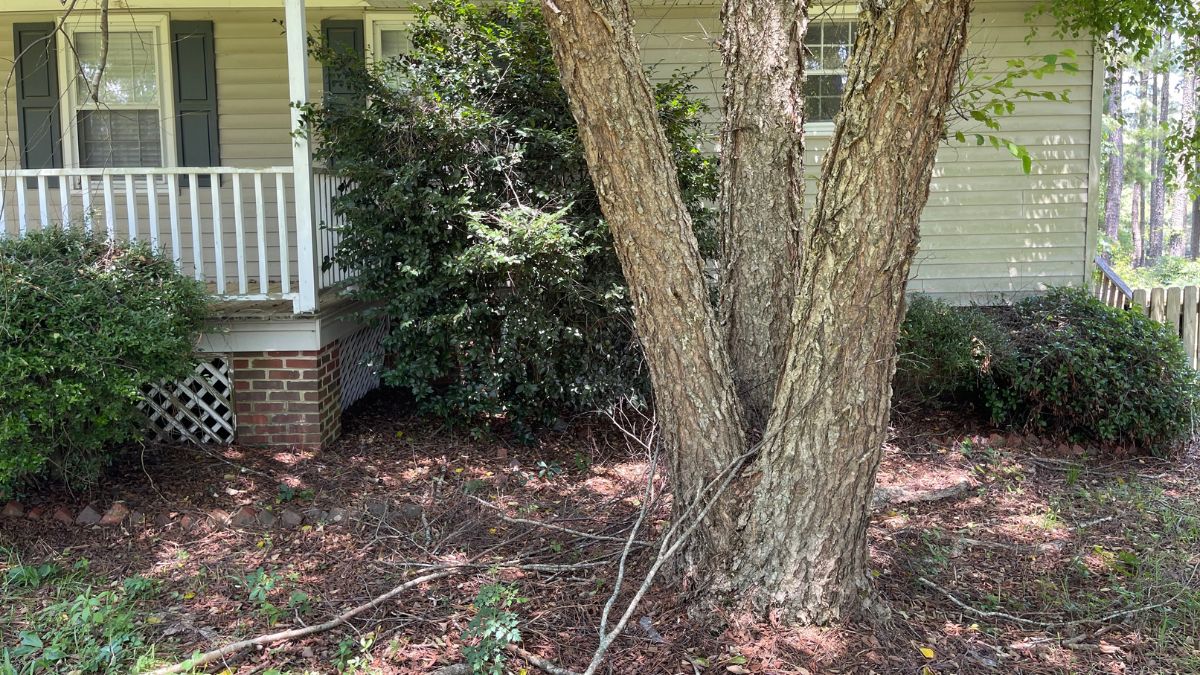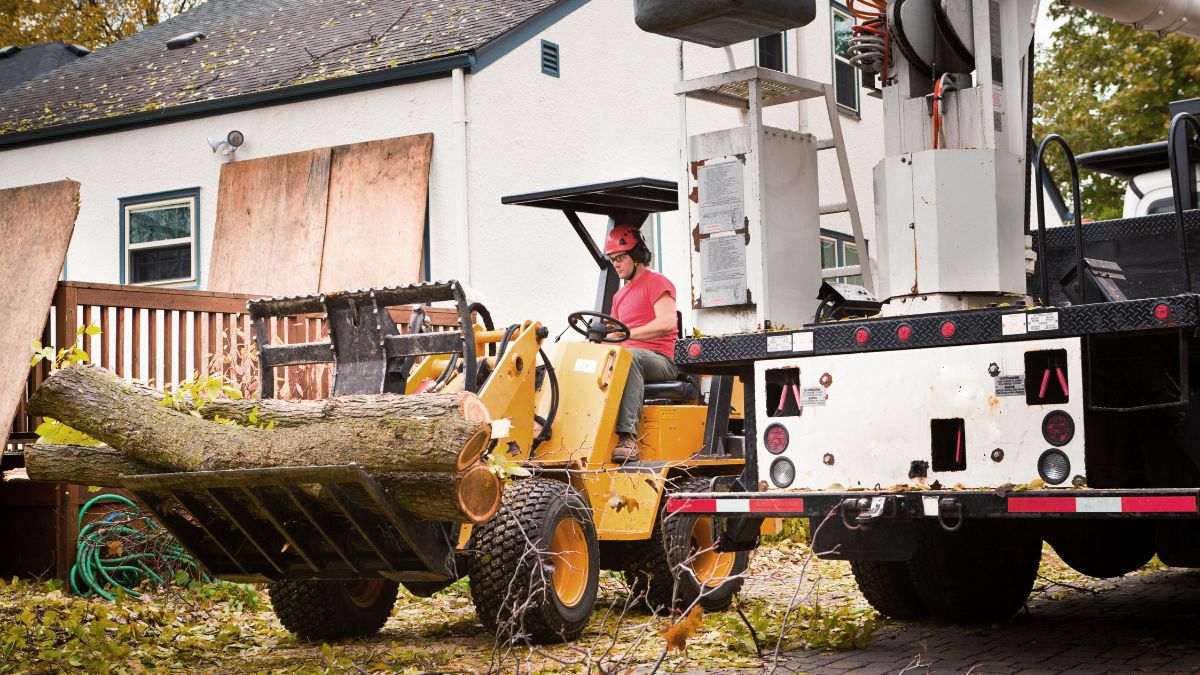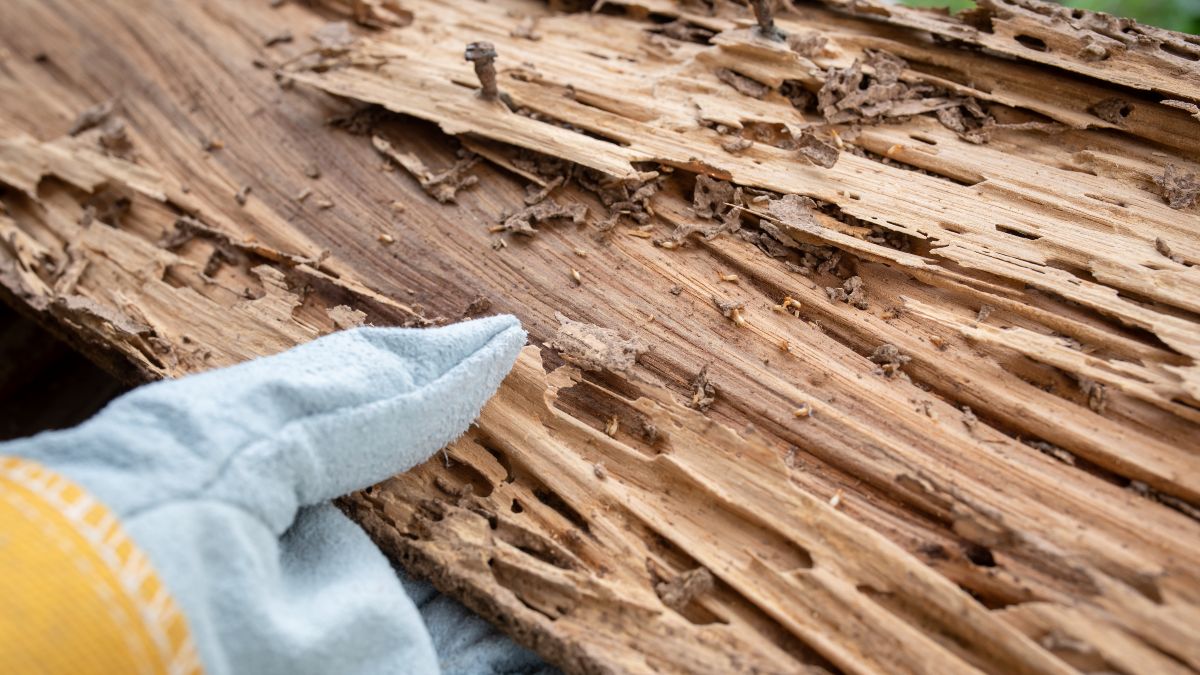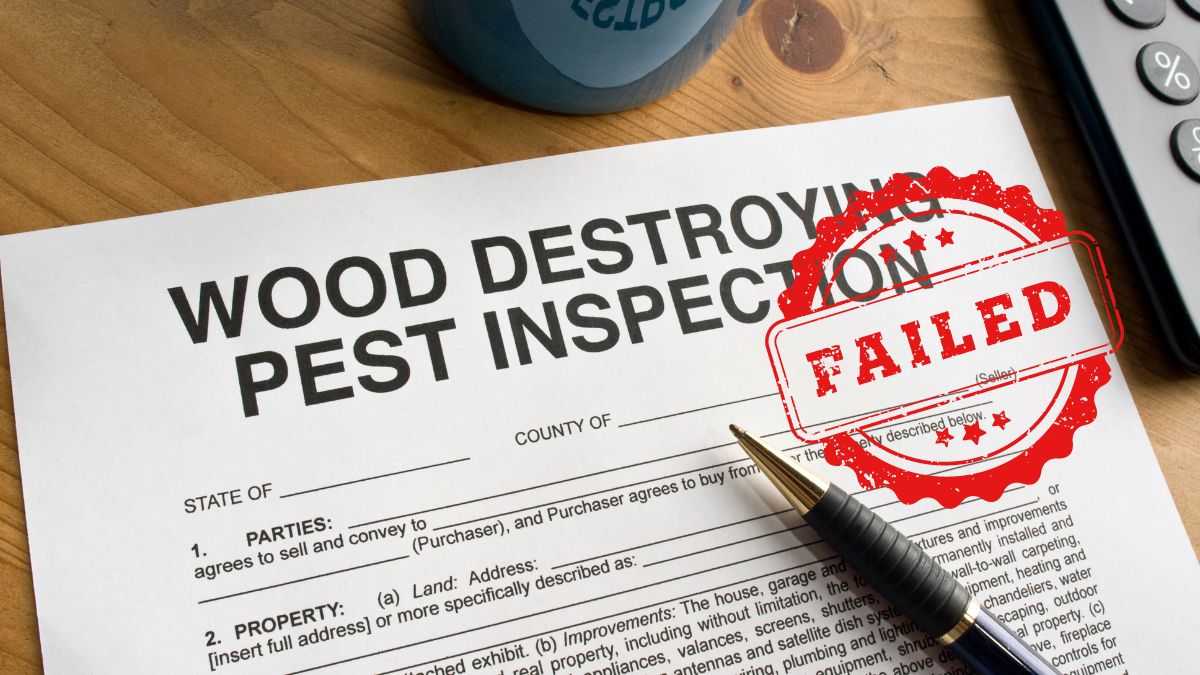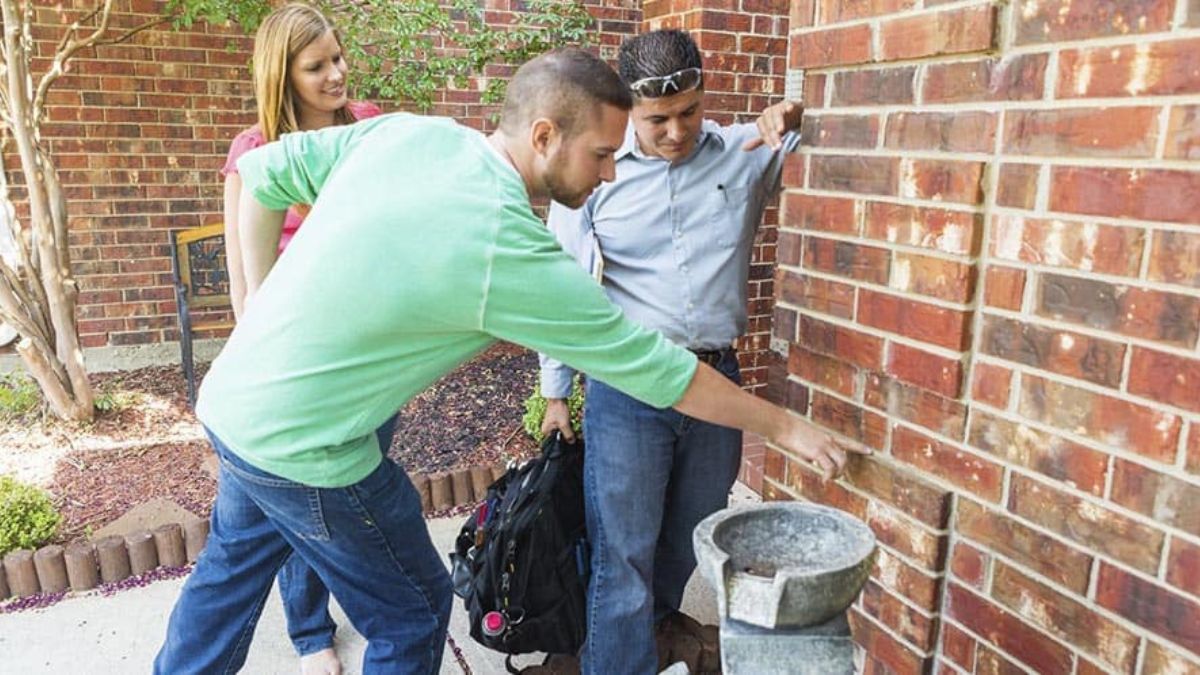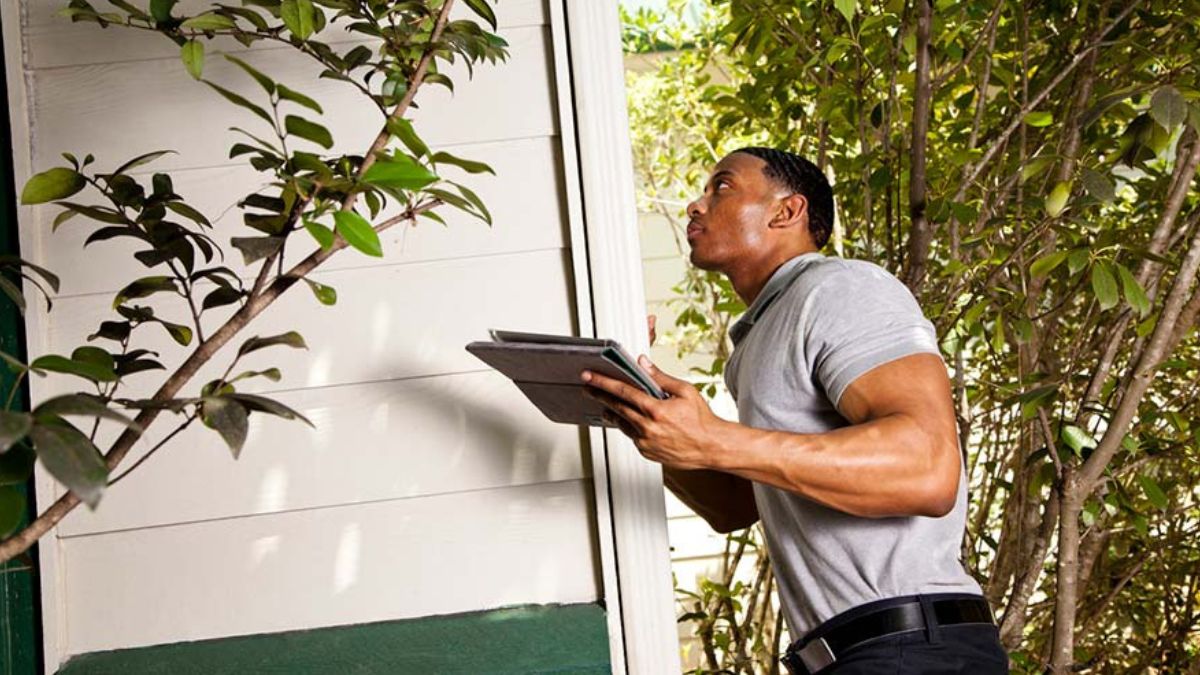Chipmunk foundation damage is a growing concern that can compromise the structural integrity of your beloved home. Native to various regions, chipmunks are known for their burrowing behavior, which can lead to severe structural problems.
It is crucial to address chipmunk foundation damage promptly to prevent further deterioration and ensure the long-term stability of your beloved home.
Chipmunks, despite their cute appearance, can cause significant damage to your home’s foundation by burrowing underneath it, weakening the soil, and chewing through essential materials, leading to structural instability and potential fire hazards.
It’s rare for chipmunks to cause significant foundation damage unless they go unchecked. The cost of chipmunk-induced foundation damage can be significant, requiring costly repairs and posing safety risks.
| Key Takeaways |
|---|
| Chipmunks can damage homes by burrowing under foundations, compromising structural integrity. Their chewing behavior can cause fire hazards and electrical malfunctions. |
| Signs of chipmunk activity include cracks, uneven flooring, sagging foundations, noises, feces, and burrow holes near the foundation. |
| Chipmunk infestations pose health risks due to diseases and contamination. Preventive measures like sealing gaps and installing mesh screens can deter chipmunks. |
| Chipmunk damage affects various foundation types, especially in soft soils such as sandy or loose soils. |
| Trapping and removal techniques are effective in eliminating chipmunk infestations. |
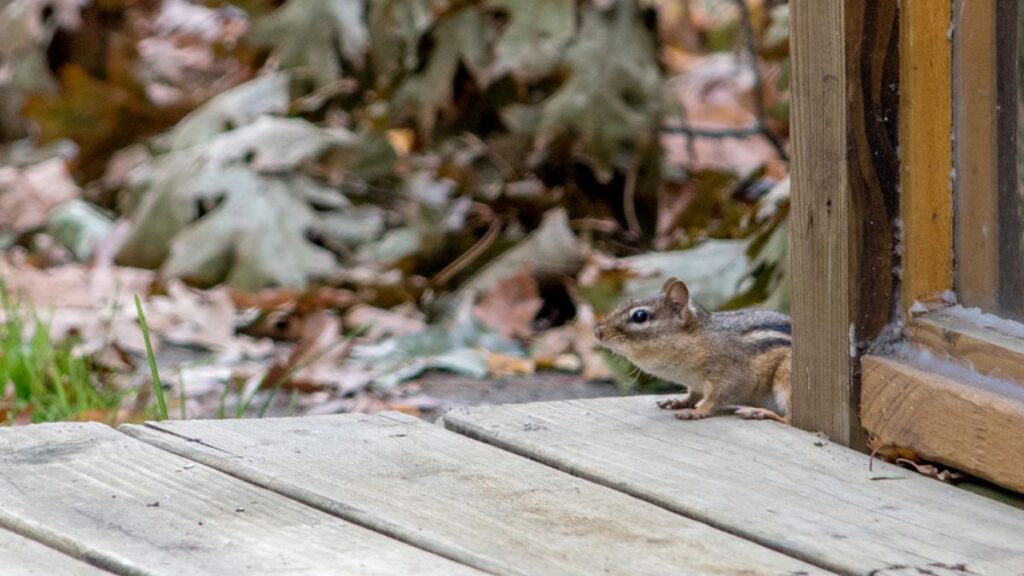
Overview Of Chipmunk Foundation Damage
One of the ways that chipmunks can cause damage is by burrowing under homes and other structures. As these animals dig tunnels, they can weaken the soil underneath the foundations, causing them to become unstable.
Chipmunk foundation damage goes beyond compromising the structural integrity of your home. These industrious rodents can also chew through wires and other essential materials within the foundation, exacerbating the extent of the damage.
Their gnawing behavior poses a fire hazard, increasing the risk of electrical malfunctions and costly repairs.
While some homeowners may not initially be aware of a chipmunk infestation, signs of damage often become apparent over time.
Cracks in walls or floors, uneven flooring, and sagging or collapsing foundations can all indicate chipmunk activity.
Definition Of Chipmunk
Chipmunks, known for their average size, inhabit the ground and are predominantly found in North America. These adorable creatures adapt to cold weather and are easily recognizable by their unique dark stripes and bushy tails, which add to their charm.
However, a potential threat to homes and other structures lies beneath their cute exterior. Chipmunks, despite their innocent appearance, can cause significant damage.
As ground-dwelling wild animals, Eastern chipmunks create chipmunk holes and burrows in lawns and around stone walls.
Their burrowing behavior can undermine the integrity of foundations and other building structures, leading to costly repairs and potential safety hazards.
Importance Of Understanding Chipmunk Foundation Damage
Homeowners need to understand the potential impact that chipmunks can have on their property.
Structural issues caused by these animals can lead to costly repairs or even make a home unlivable. In addition to structural concerns, health risks are associated with infestations.
Understanding chipmunk foundation damage is crucial for homeowners due to the following reasons:
- Costly Repairs: Chipmunks can cause significant structural damage to foundations, resulting in costly repairs. Awareness of the potential impact helps homeowners take preventive measures and address issues before they escalate.
- Livability Concerns: Foundation damage caused by chipmunks can render a home unlivable. It may lead to uneven floors, cracks in walls, or compromised structural stability. Understanding the risks helps homeowners maintain a safe and comfortable living environment.
- Health Risks: Chipmunks are carriers of diseases and parasites that pose health risks to humans. Homeowners can take appropriate actions to protect themselves and their families by understanding the potential for infestations and related health hazards.
- Prevention and Control: Knowledge about chipmunk foundation damage empowers homeowners to implement preventive measures. Sealing foundation gaps and employing traps or deterrents can help prevent infestations and limit the extent of the damage.
- Property Value: Foundation damage can negatively impact the value of a property. By understanding chipmunk-related risks, homeowners can protect their investments, maintain property value, and avoid potential difficulties during resale.
By learning more about chipmunks and how they can cause damage to foundations, homeowners will be better equipped to prevent an infestation from occurring or address one that has already begun.
Taking steps such as sealing gaps in foundations and setting traps for any invading animals can help prevent costly damages from occurring.
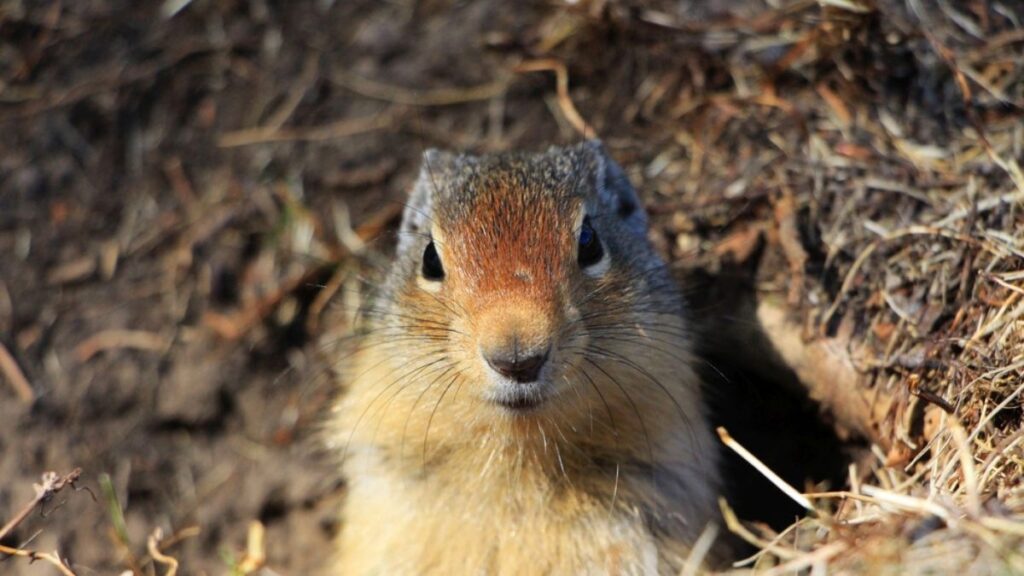
Habitat And Behavior Of Chipmunks
Chipmunks are small rodents that can be found all over North America. They typically grow to be around six inches long and have striped fur on their backs.
These animals usually make their homes in forests, fields, and gardens but live under porches or decks.
Chipmunks, sometimes called ground dwellers, are known for their quick movements and their ability to store food for the winter months. In general, chipmunks are active during the day and sleep at night.
They are omnivores, meaning they eat both plants and animals. Chipmunks feed on a variety of foods, including nuts, berries, seeds, insects, and small vertebrates like frogs or mice.
They use their sharp teeth to break open nuts or seeds that they have collected and store them in underground burrows or other hiding places. Chipmunks can cause significant damage to foundations due to their digging behavior.
To build chipmunk burrows or find food sources below ground level, chipmunks will dig tunnels that can create gaps beneath a foundation’s surface. These tunnels can collapse over time, causing the foundation to sag or shift in position.
Types Of Foundations Affected By Chipmunks
Chipmunks may appear harmless, but their unusual activities can significantly impact your home’s foundation. Understanding the types of house foundations affected by chipmunks is essential for homeowners.
Chipmunks And Their Effects On Different Foundation Types
- Poured Concrete Foundations: Chipmunks can cause damage to poured concrete foundations, which are common in many homes. Their burrowing activities can undermine the stability of the foundation, leading to cracks, shifts, and potential structural issues.
- Masonry Block Foundations: Chipmunks can also impact masonry block foundations, which consist of concrete block walls filled with mortar between them. Their burrowing can compromise the integrity of the mortar, weakening the foundation over time.
- Basements: Chipmunk active can lead to water intrusion from basement wall cracks. Active and previous pest activity should also be looked at when inspecting the basement for potential water damage.
- Soil Conditions: The type of soil around a property plays a significant role in chipmunk activity and the extent of damage it can cause. Soft soils, such as sandy or loose soils, make tunneling easier for chipmunks. These types of soils provide less resistance and facilitate their burrowing activities.
- Increased Risk: Homes built near sandy or loose soils are particularly vulnerable to chipmunk damage. The easy digging medium that sandy soils offer makes it more likely for chipmunks to establish burrows and cause severe damage to the foundation.
Signs And Symptoms Of Chipmunk Foundation Damage
It is important to know the signs and symptoms of chipmunk foundation damage to prevent significant structural issues from occurring.
3 Common Signs Of Chipmunk Activity Include:
- Cracks or Gaps: Check for cracks or gaps in walls or floors, particularly near the foundation. These can be signs of chipmunk burrowing, which compromises the stability of the structure.
- Uneven flooring: Be attentive to uneven flooring or areas that feel sloped or sunken. These can indicate underlying foundation damage caused by chipmunk activity.
- Sagging or Collapsing Foundations: Take note of foundation sagging or visible signs of collapse, such as sinking corners or bulging walls. Crafty chipmunks can contribute to such structural deterioration.
In addition to these visual cues, watch for the following signs that may indicate a chipmunk infestation:
- Audible Activity: Listen for scratching or digging noises from behind walls or under floors, as chipmunks are active burrowers.
- Feces Presence: Discovering chipmunk droppings around your home, particularly near entry points or nesting areas, strongly indicates their presence.
- Burrow Holes: Keep an eye out for small burrow holes in lawns or near the foundation, typically with loose soil or evidence of recent digging. Chipmunks use these as entry points and for shelter.
If you notice any of these symptoms, it’s important to contact a professional as soon as possible. To address this, animal pest control companies may recommend measures such as installing chipmunk cages to mitigate the impact of their activities.
Related Reading: Foundation Problems vs Settling: Complete Differences
Effects Of Chipmunk Foundation Damage
Chipmunk-induced foundation damage can result in various structural issues that undermine the stability and safety of your home. Let’s explore the specific ramifications of chipmunk activity on your property’s structure.
Structural Issues Caused By Chipmunks
Chipmunks are notorious burrowers, and they can cause significant damage to building foundations with their digging. The tunnels that chipmunks create can stretch for several feet, creating spaces beneath foundations that can cause them to crack or shift.
This can lead to structural issues, including cracks in retention walls and floors, uneven flooring, and sagging or collapsing foundations.
One of the most common problems caused by chipmunk foundation damage is cracks in walls and floors. As the foundation shifts or becomes uneven due to chipmunk tunnels, it stresses the structure of the building above it.
This stress can cause cracks in exterior walls and floors that need to be repaired to prevent further damage. Uneven flooring is another common issue caused by chipmunk infestations.
If a foundation becomes uneven due to chipmunk tunnels, it can cause the flooring above it to become sloped or warped. This not only looks unsightly but can also make walking around the house both difficult and dangerous.
If left unchecked for too long, chipmunk tunnels can lead to sagging or collapsing foundations. If this happens, the structural integrity of a building is severely compromised and could result in costly repairs or even worse – a complete rebuild.
Health Risks Associated With Chipmunk Infestations
Not only do chipmunks cause structural issues when they burrow under foundations, but they also present health risks associated with their infestations.
One of the main concerns is the spread of disease as these creatures carry harmful bacteria and viruses such as Hantavirus pulmonary syndrome (HPS).
Additionally, due to their constant chewing habits, which help them keep their teeth sharp, these rodents leave droppings all over your property and urine that can be contaminated with harmful bacteria and diseases.
This can lead to various health problems, such as respiratory issues, allergies, and infections. Therefore, it is important to address any chipmunk infestation immediately to avoid further damage and protect the health of those living in the affected home.
The longer an infestation is left untreated, the more difficult it will be to eradicate and the greater potential for health risks associated with their presence in your home.
Prevention And Control Measures For Chipmunk Foundation Damage
Implementing preventive measures is crucial to safeguarding your property. One effective approach is using physical barriers to prevent chipmunks from gaining entry into foundations.
Physical Barriers To Prevent Entry Into Foundations
Chipmunks are small rodents that can fit through very small gaps in your foundation. Therefore, it is important to ensure that all gaps and holes in your foundation are filled with a durable material such as cement or expanding foam.
This will help to prevent chipmunks from entering your home through these openings and causing damage. Another effective way of preventing chipmunks from entering your home is by installing mesh screens or grates over vents or openings.
This will allow proper ventilation while preventing chipmunks from accessing your home. It is important to use a durable material for the screens or grates so that rodents cannot chew through them.
Trapping And Removal Techniques For Infested Areas
If you already have an infestation of chipmunks in your home, you can use several trapping and removal techniques to eliminate them.
One effective method is live trapping using humane traps baited with peanut butter or sunflower seeds. Once captured using these humane methods, the trapped chipmunk should be released at least five miles from your home, so it cannot return.
In addition, to live trapping, snap traps can also be effective when placed along the paths where the rodents frequently travel. However, caution must be taken when using chipmunk traps as they can cause harm to other animals if not placed properly.
It is important to note that prevention is always better than trying to control an existing infestation.
Regularly inspecting and maintaining your property, filling any cracks or gaps in foundations, and keeping food sources away from areas where chipmunks may be present can help prevent infestations before they occur.
Chipmunk Foundation Damage FAQs
How do I get rid of chipmunks under my foundation?
Get rid of bird feeders, pet food dishes, fallen fruit, and seeds from nearby trees and plants. Check for holes around the foundation, vents, or window wells. Use materials like hardware cloth to seal these openings. Set up live traps to capture chipmunks and relocate them away from your home.
Can chipmunks eat through the foundation?
Yes, chipmunks can chew through foundations, posing a risk of damage to the structure over time. Taking preventive measures to protect your foundation from their destructive behavior is important.
Can chipmunks chew through concrete?
While chipmunks have strong teeth, they typically cannot chew through solid concrete. However, they can cause damage to weaker areas, such as cracks or gaps in the concrete, which may eventually lead to more significant issues if left unaddressed.
What does chipmunk damage look like?
Chipmunk damage can manifest in various ways, including visible burrow holes in the ground, chewed or gnawed objects such as wires or vegetation, and potential structural issues like cracks in foundations or walls.
Can chipmunk damage attract other pests to my property?
Chipmunk damage, particularly in burrow holes and exposed areas, can create entry points and attract other pests such as mice, rats, or insects.
Final Thoughts On Chipmunks Foundation Damage
Chipmunk foundation damage may seem minor initially, but it can lead to serious structural and health risks if not addressed promptly.
Prevention is key, and using physical barriers such as mesh screens and grates can help keep these rodents outside where they belong.
Live trapping or snap traps can effectively control methods if you have an infestation. By taking preventative measures and addressing problems quickly, you can protect your home and ensure your family’s safety for years.


